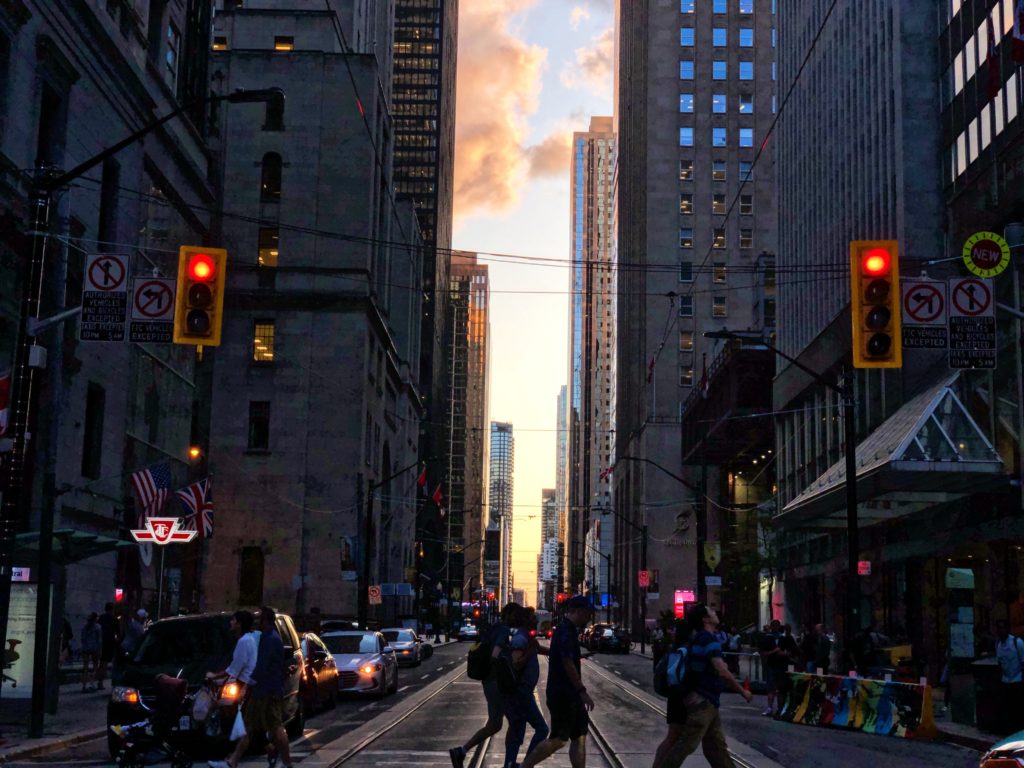
The article I read this time is “Theorizing media, communication and social change: towards a processual approach” by Sabina Mihelj and James Stanyer, published in Media, Culture & Society in 2019 (find it here). It seems the papers are numbered in such a way that I’ll be doing papers from one journal at a time, so I guess we’ll be continuing with media studies until an article from a different journal pops up!
The disclaimer:
I don’t aim to write ‘academic reviews’ of these papers, but very informal and subjective thoughts about how these papers or chapters could influence my own work. I even avoid direct quotes of the text to also make it visually more apparent that this is not an academic text.
This time I was interested in this paper, first, because I didn’t know what a ‘processual approach’ concretely means, and second, because ‘social change’ or change in general is a kind of a hot topic I’ve heard researchers mention a lot in the past five years or so, but I don’t really have any knowledge about how it’s studied and has been studied in the past. The paper by Mihelj and Stanyer both discusses how the topic has been approached in five research journals between 1951 and 2015, and suggests an approach for future use, so in a way it’s a rather nifty study to come across for someone with my gap in knowledge. We can say that this article gave me more information about research on media, communication and social change, but unlike the two papers I blogged about previously, it’s not something I could see myself applying to my work in the near future (just because I’m not working on a topic like this). So, it benefitted my general knowledge instead.
In the longitudinal look at research journals, Mihelj and Stanyer discovered two main approaches to theorizing social change (which could both also appear in the same study): media/communication as an agent of social change, and media/communication as an environment for social change. These approaches also had several subcategories; examples for the latter approach are transnationalization, commercialization and democratization. The paper identifies key differences between the two approaches – for example, the focus on micro-changes that affect individuals for the former, and changes on the macrolevel that may take decades or even centuries to complete for the latter.
What the two approaches have in common is that they privilege outcomes instead of processes – hence the authors’ interest in introducing a processual approach and typology. Basically, this approach perceives society as a process and change as natural, and suggests that any order or structures that exist are temporary and by-products of change. So, instead of highlighting the outcomes of structural changes, for example, the process of how this happens has received less attention. Mihelj and Stanyer point out that research that focuses on outcomes can’t help but become outdated quickly; in contrast, focus on processes especially in the contemporary unpredictable, complex changes, as I understand it, would produce information and discussions that can be continued and applied for a long time to come. The paper also suggests a focus on examining gradual shifts over a long period.
To someone reading about these approaches for the first time, even just the longitudinal (decades or even centuries long) research sounds very ambitious and overwhelming, although I’m aware that such tasks have been undertaken by many throughout history. Most of my studies have sought to examine closely rather specific and in-the-moment phenomena, although of course they connect to a larger picture, culture, society and a history of developments. I just haven’t explored those developments too much because I haven’t approached those topics from the viewpoint of social change. The shift to focusing on processes sounds intriguing to me. I can’t straight away imagine what the concrete steps and tools would be for doing this kind of research; how to identify the ways in which causes of change interact and combine to create change over time. This isn’t something that I need to figure out right now, either, but is certainly food for thought, and who knows, might influence the way in which I perceive phenomena – as something constantly in-process, which also goes along with the perception of how, for example, aspects of identity are continuously negotiated and (re)constructed in discourse. It’s interesting how papers that don’t seem to immediately benefit my own work still manage to poke my brain.
